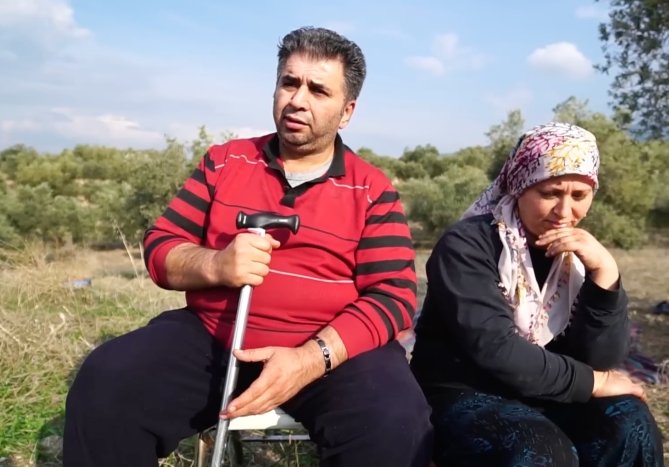Mehmet Hanifi Emeç, a disabled former police officer who developed multiple sclerosis in prison, has been left without vital medication for nine months, raising fears for his life and fueling concerns over prisoner healthcare in Turkey’s overcrowded prisons, according to an opposition lawmaker.
According to the TR724 news website, Emeç, 46, is largely bedridden and dependent on a wheelchair. He requires a high-dose medication every six months to slow the progression of the multiple sclerosis, a chronic neurological disease that has already left him unable to walk unaided, said Ömer Faruk Gergerlioğlu, a prominent human rights defender and lawmaker from the Peoples’ Equality and Democracy Party (DEM Party).
“They brought him to me in a wheelchair. He can hardly move,” Gergerlioğlu said after visiting Emeç in Gaziantep H-Type Prison. “His treatment has been interrupted for nine months.”
Gergerlioğlu said failing to provide medical care for serious illnesses could amount to inhumane or degrading treatment. Emeç’s case has become a symbol of these failures, according to Gergerlioğlu.
After working as a police officer at the İskenderun District Police Department, Emeç was arrested on Aug. 5, 2016, during mass purges following a failed coup attempt. Prosecutors accused him of ties to the faith based Gülen movement, inspired by the late Muslim cleric Fethullah Gülen.
Emeç denies any wrongdoing and says he was performing his official duties when he was detained. “We have always loved our state and our nation. That was our only crime — trying to protect it,” he said in a previous interview.
Turkish President Recep Tayyip Erdoğan has been targeting followers of the movement, since corruption investigations revealed in 2013 implicated then-prime minister Erdoğan as well as some of his family members and inner circle.
Dismissing the investigations as a Gülenist coup and a conspiracy against his government, Erdoğan began to target the movement’s members. He designated the movement as a terrorist organization in May 2016 and intensified the crackdown on it following an abortive putsch in July of the same year that he accused Gülen of masterminding. The movement strongly denies involvement in the coup attempt or any terrorist activity.
Following the failed coup, the Turkish government declared a state of emergency and carried out a massive purge of state institutions under the pretext of an anti-coup fight. Over 130,000 public servants, including 4,156 judges and prosecutors, and more than 24,000 members of the armed forces were summarily removed from their jobs for alleged membership in or relationships with “terrorist organizations” by emergency decree-laws subject to neither judicial nor parliamentary scrutiny.
During his first 20 months in prison, Emeç developed multiple sclerosis, which he attributes to stress and trauma. He was released pending trial on medical grounds, but nine months ago, Turkey’s high court upheld a six-year, three-month prison sentence against him for alleged membership in a terrorist organization, leading to his return to prison.
His family in Osmaniye province has struggled to make ends meet since his dismissal from the police. Emeç said he turned to olive farming but often had no money even to buy bread.
“There were days when I didn’t even have one [Turkish] lira,” he said.
Emeç’s family continue to call for a suspension of his sentence so he can resume treatment outside prison.
“If even a person who cannot stand up, who needs a wheelchair, is kept in prison, then what are human rights worth in this country?” Gergerlioğlu said.
Emeç, left without the medication he says could slow the disease, is watching his condition worsen.
“My illness has progressed so far that I can no longer even imagine a normal life,” he said.















